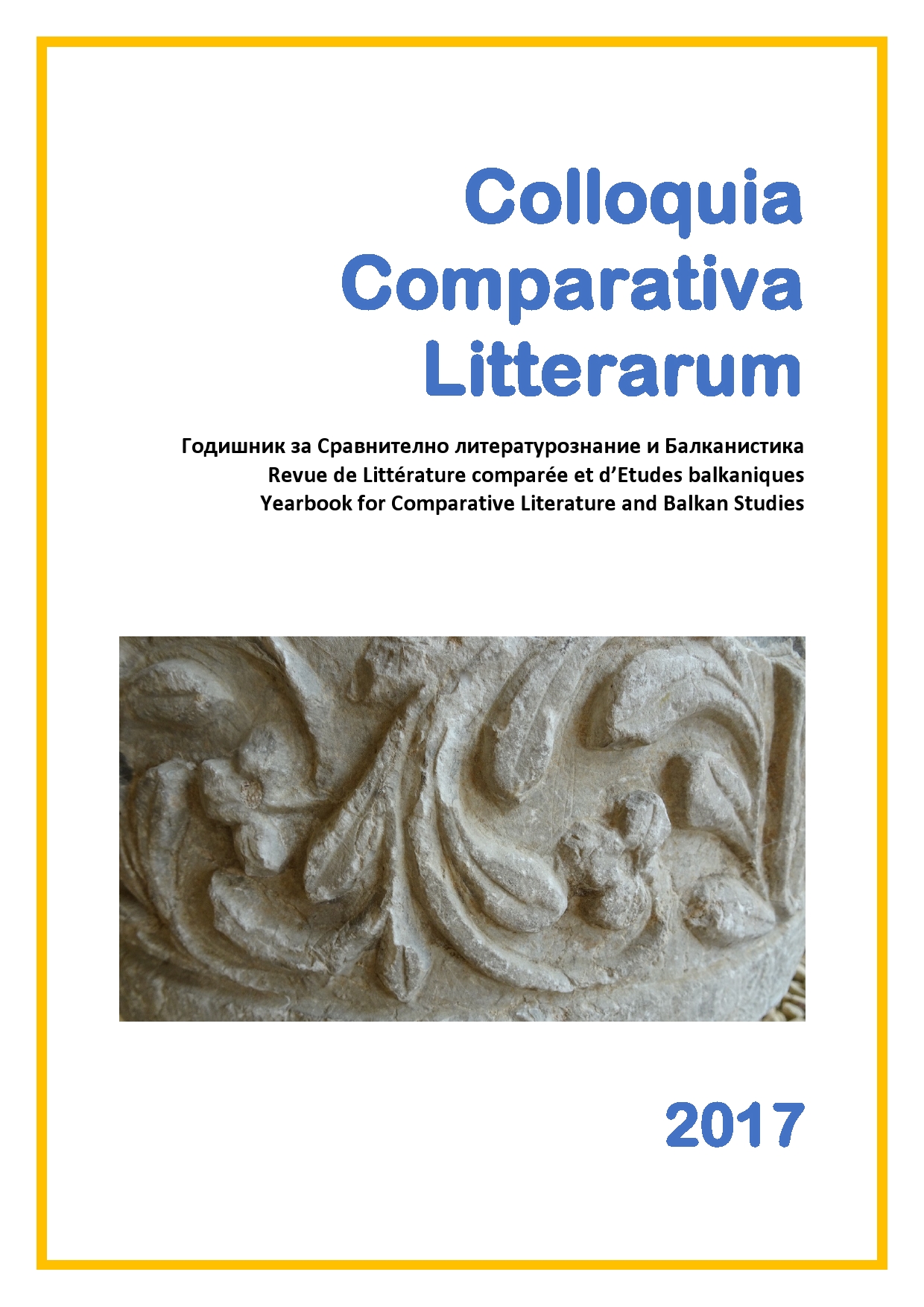Hamlet et Don Quichotte
Hamlet and Don Quixote
Author(s): Francis ClaudonSubject(s): Theatre, Dance, Performing Arts, Language and Literature Studies, Fine Arts / Performing Arts, Studies of Literature, Comparative Study of Literature, Russian Literature
Published by: Софийски университет »Св. Климент Охридски«
Keywords: Turgenev; Hamlet; Don Quixote; opera; interdisciplinary comparativism; international literary history
Summary/Abstract: In the year 1860, Ivan Turgenev delivered a speech at a public reading entitled "Hamlet and Don Quixote". In it, he commented on the concept of man and world (Weltanschauung) which emerged from the English play and the Spanish novel. However, the philosophical and moral interpretation, which he proposed, referred to Tsarist Russia and the problems of the reforms under Alexander II. For example, there existed a clear link between the speech and Turgenev’s novel Fathers and Sons („Отцы и дети“). Hamlet and Don Quixote remind us mainly of the European fates of these two myths, especially the operas Hamlet (1868) by Ambroise Thomas and Don Quichotte (1910) by Massenet. In the early period of Mannerism and Baroque, Hamlet and Don Quixote were accompanied by a third hero: Dr. Faustus, (a legacy from Marlowe), who too, after many relays, inspired the composer Gounod for his famous opera Faust (1859). All this brings us back to the Salon Viardot, whose hosts were close friends with Turgenev. It is easy to imagine that Turgenev was also inspired by the modern commentaries of Sismondi and Louis Viardot. There are many links between West Europe and Russia, between literature and the history of French opera.
Journal: Colloquia Comparativa Litterarum
- Issue Year: 2017
- Issue No: 1
- Page Range: 166-181
- Page Count: 16
- Language: French

